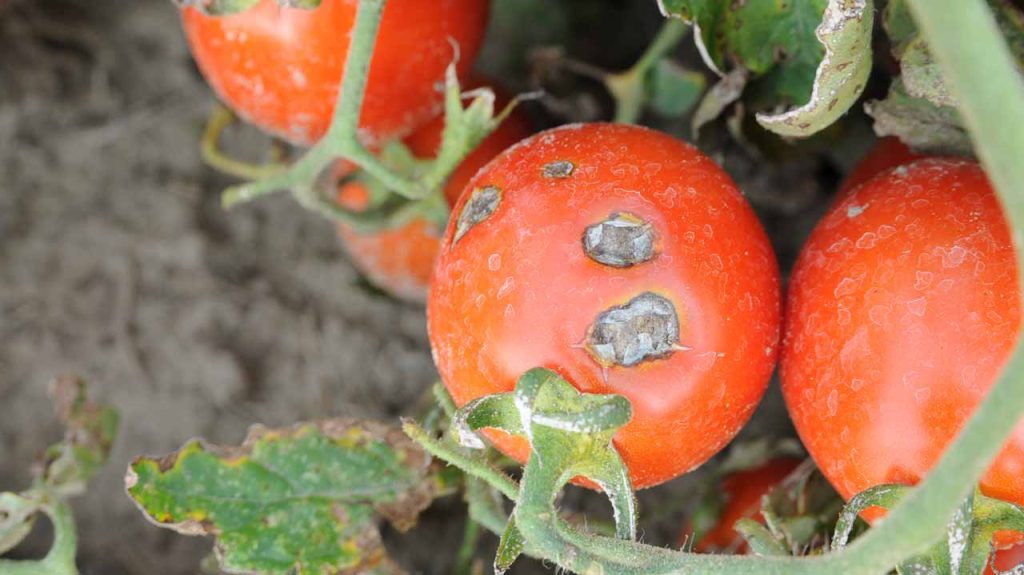
Mohamed Garba
The Federal Government reports over N1.3 billion lost to the invasive tomato leaf miner, Tuta absoluta—dubbed “Tomato Ebola”—in Kano, Katsina and Kaduna states, marking the fragility of Nigeria’s horticultural sector and driving a doubling of tomato prices in affected markets.
Speaking at a capacity building workshop for financial institutions, Agriculture Minister Abubakar Kyari warned of catastrophic yield losses within 48 hours of infestation, fueling food inflation and straining household budgets. He urged urgent integrated pest management, resilient crop varieties and tailored financing across the horticulture value chain to safeguard food security and unlock the “sleeping giant” of Nigerian agriculture.
The Ministry of Agriculture and Food Security confirms that the tomato leaf miner, Tuta absoluta—popularly called “Tomato Ebola”—has inflicted more than N1.3 billion in crop losses across Kano, Katsina and Kaduna states alone. Originating from South America, T. absoluta larvae bore into leaves, stems and fruits, capable of wiping out 80–100 percent of tomato yields if unchecked.
First detected in North Africa in 2007, the pest has spread at roughly 800 km per year, reaching Nigeria by 2016 and now threatening national food security.
Within 48 hours of infestation, entire fields can collapse, making rapid response essential. The minister warned this crisis “underscores the fragility of the country’s horticultural systems,” demanding immediate action to prevent further economic hemorrhage.
Since the outbreak, the price of a 50 kg basket of tomatoes has soared from N5,000 to N10,000–N30,000, effectively doubling or even sextupling costs for consumers.
According to the National Bureau of Statistics (NBS), tomatoes led the food price index with a 196.9 percent year on year price increase in May 2024, while month on month prices jumped 31.7 percent from April to May.
Another survey puts the year on year tomato price surge at 321 percent as of June 2024, the highest among staple foods.These spikes ripple through the economy: as tomatoes and peppers form the base of Nigerian cuisine, their price surges push up meal costs in homes, restaurants and food vendors, disproportionately affecting low income households already grappling with 34 percent headline inflation.
He warned that without swift, integrated measures, food inflation and supply chain disruptions will worsen, undermining both urban and rural food security.Kyari described horticulture—which includes fruits, vegetables, herbs and ornamentals—as more than a sub sector; it is “a dynamic engine for rural transformation, job creation, improved nutrition and trade diversification.
Unlike staple grains, horticultural crops yield higher value per hectare, support multiple annual harvests, and offer climate resilience through greenhouse and irrigation systems. The sector also creates year round employment, particularly for women and youth, and strengthens linkages to processing, packaging, retail and export markets.
Experts note that scaling up horticulture can combat malnutrition—tomatoes alone are rich in vitamins A and C, iron, zinc and folate critical for maternal and child health.
